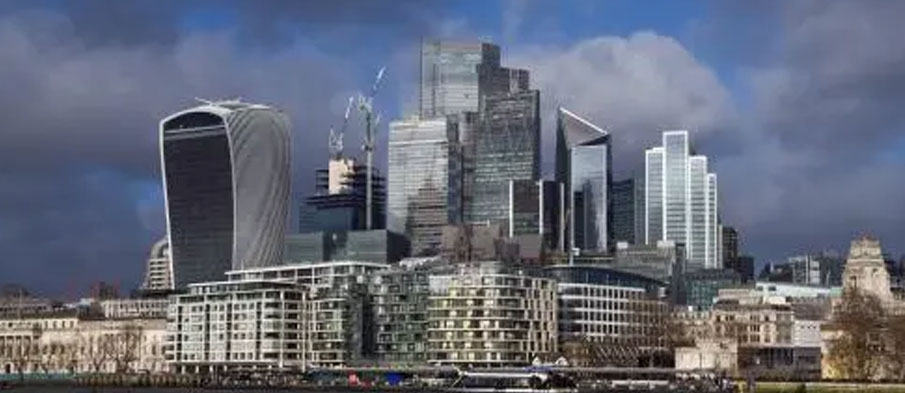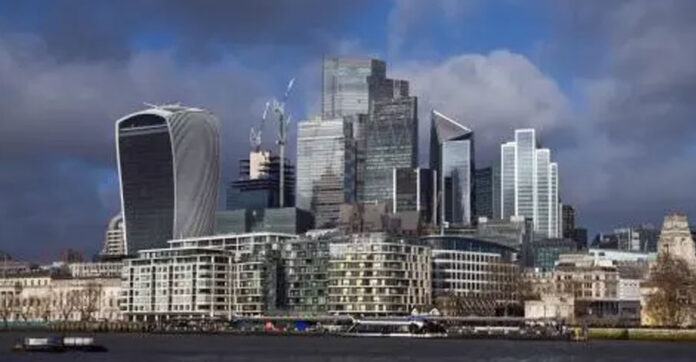
In November, government guaranteed on approximately 1 billion pounds ($1.3 billion) of pandemic loans to struggling businesses had been revoked. The BBB, refused to disclose the banks that could no longer claim taxpayer funds on some troubled COVID debt, arguing that such disclosure “would have an adverse impact” on its relationship with these lenders, some of whom had voluntarily waived guarantees after identifying flaws in the lending process. The ICO has supported the BBB’s stance, stating that revealing the banks’ identities could “affect a lender’s ability to compete for customers and against other lenders or investors,” with the public interest arguments being outweighed by potential “commercial harm.”
According to government figures published in May, lenders estimated that 1.84 billion pounds of the 77 billion pounds lent to businesses through the Bounce Back Loan Scheme and Coronavirus Business Interruption Loan Scheme could be fraudulent.
Rachel Reeves, the new finance minister, has started the process of appointing a COVID Corruption Commissioner to recover what is owed to the British public, she announced in a social media post on Monday.
The Bounce Back scheme, in particular, has faced severe criticism from lawmakers and the public accounts watchdog for its alleged lax controls and susceptibility to fraud. Banks were urged to streamline routine lending processes to issue the loans swiftly, aiming to prevent a potential wave of corporate failures.
Under the scheme’s terms, 80-100% of the loan value was guaranteed by the government in case of default, but the BBB could remove the guarantee if a loan was later deemed ineligible, making banks liable for the full debt. As of March 2024, the government guarantee had been removed from 11,813 loans totaling 1.04 billion pounds.
Spokespersons for UK Finance and the UK finance ministry did not respond to requests for comment.
The UK Insolvency Service announced on Tuesday that it disqualified over 830 company directors in 2023-24 for “COVID loan abuse,” leading to 22 criminal prosecutions and facilitating the recovery of approximately 3 million pounds.
Although Britain’s pandemic lending schemes were similar to those in other countries, the BBB had highlighted the “very significant fraud and credit risks” associated with the Bounce Back scheme in a May 2020 letter to the government. The BBB previously informed that guarantees had been removed for various reasons, including data corrections, application errors leading to “duplicate” loans, and violations of scheme rules. Mistakes were identified independently by lenders or after discussions with the BBB.
The BBB also argued that more transparency on Britain’s rescue lending could deter private sector participation in similar schemes in the future, thus hampering the government’s ability to launch such initiatives if needed. It also contended that further disclosures could harm the government’s commercial interests.




